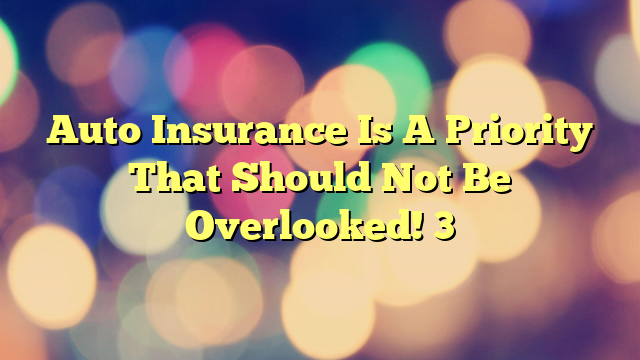Traveling By RV: Is RV Insurance Needed?
Traveling By RV: Is RV Insurance Needed?
Are you interested in taking a RV trip soon? If you are, you may have a number of questions and concerns. Many RV owners and renters are concerned with insurance. Many wonder what will happen in the event of a motor home accident. To help you determine if you should purchase RV insurance for your next motor home trip, please continue reading on.
The first step in determining if you need to purchase RV insurance is by taking a close look at the motor home in question. Do you own it? If you do, RV insurance is advised. As with traditional auto insurance, RV insurance can be purchased in increments, such as six months, one year, or even longer. RV owners are likely to take more trips over a one year period; therefore, RV insurance can be considered a wise investment.
If you are interested in buying RV insurance for your motor home, you will first want to contact your insurance company. Many insurance companies provide discounts to customers who hold more than one policy with them. For that reason, contact the insurance company that may be handling your home insurance, renters insurance, or auto insurance. First, ask if they insure motor homes and then ask if you can receive a discount.
As for RV renters, there are a number of important questions that should be asked. When asking these questions, start with the RV rental company you would like to do business with. Are you covered in the event of a breakdown or an accident? Most RV rental companies extend coverage down to their renters, but there are no guarantees. If you are covered from damages that may result from a minor accident, you may first need to show proof of a good driving record and proof of having auto insurance yourself.
Speaking of auto insurance, there are many renters who take steps to add a rented motor home to their current car insurance policy. This is ideal for one time renters. With that being said, not all insurance companies offer this option; however, you may be given alternatives, such as by purchasing vacation insurance. As a reminder, be sure to first speak with the RV rental company you plan to do business with before taking any large or costly steps.
As previously stated, some RV renters are able to temporarily place a rented or borrowed motor home on their current auto insurance policy. Many RV owners are curious about doing the same. Depending on the insurance agency, this may be possible; however, it isn’t always a good idea. When adding a motor home onto an existing auto insurance policy, only basic coverage is usually provided. On the other hand, most RV insurance policies cover vehicle damage, injuries resulted from a motor home accident, as well as damage to belongings housed inside a motor home.
As a recap, RV insurance is a wise investment for motor home owners. The same can be said for RV renters as well. Whether you own or rent a motor home, there is no harm in doing a little bit of research on RV insurance first. Contact a local insurance agency to ask for professional advice. This is one of the best ways to determine if you should investment in RV insurance, which is typically much more affordable than most first assume.
PPPPP
Word Count 558


